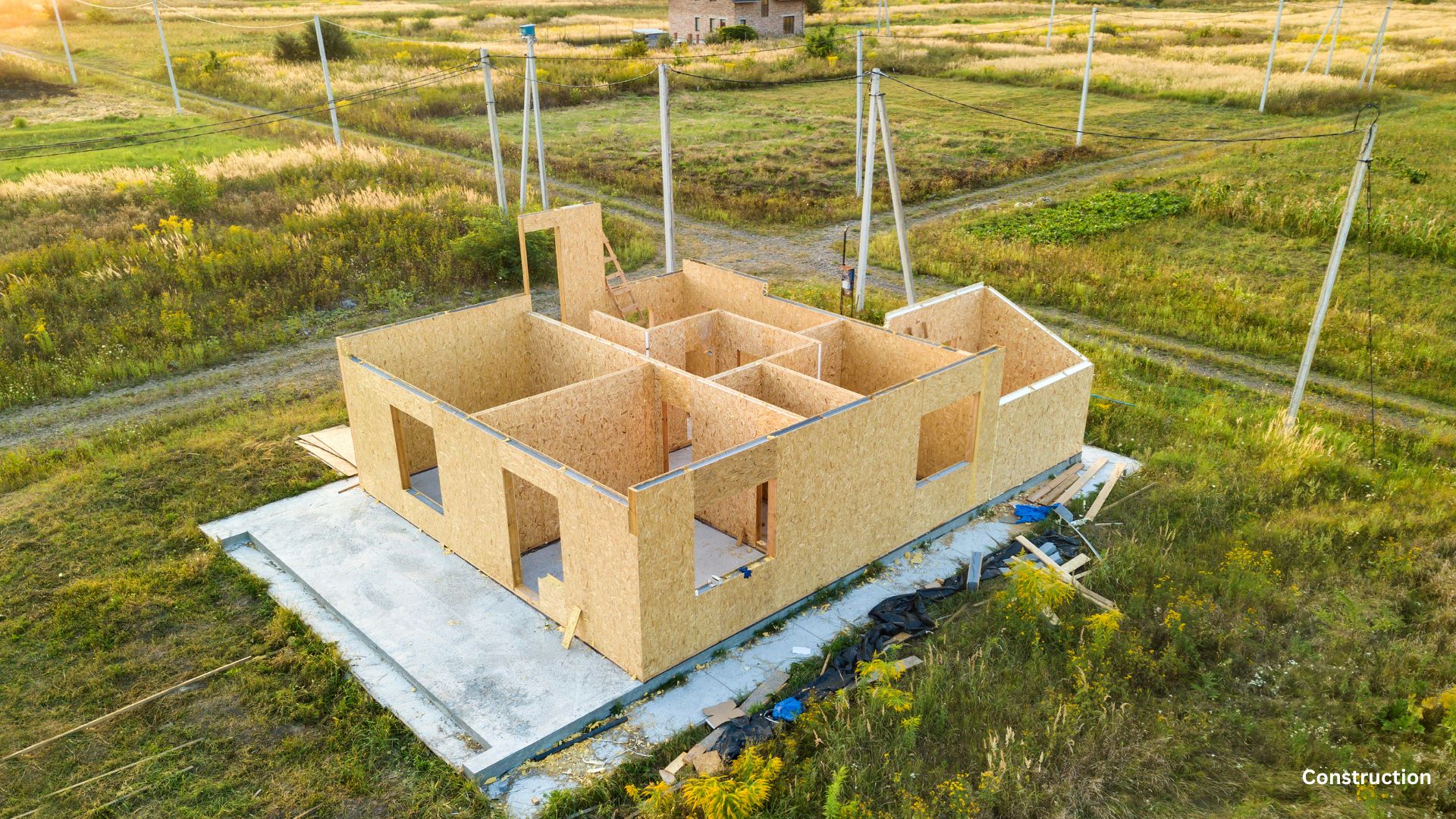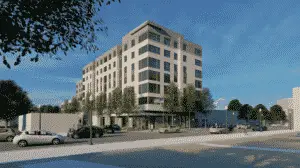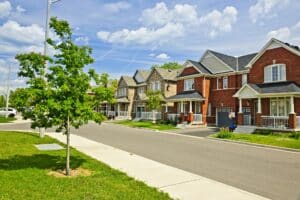Housing affordability in Chicago remains a pressing issue, impacting thousands of residents. Despite various efforts to address the problem, high construction costs and limited affordable housing supply continue to be significant hurdles.

Modular Homes: A Potential Solution to Housing Affordability in Chicago
In North Lawndale, Inherent L3C is manufacturing modular homes designed to be affordable. However, with prices starting at $390,000, affordability remains questionable. CEO Tim Swanson plans to lower costs by increasing production and utilizing tax credits. Modular homes offer benefits such as year-round construction unaffected by weather, potentially bridging the affordable housing gap.
The Demand for Affordable Housing
Chicago requires at least 120,000 affordable units, with nearly 300,000 needed statewide. Affordable rentals and homes can revitalize neighborhoods, attracting amenities like supermarkets. Yet, the acquisition of vacant lots for development is slow, hindering progress.
Pilot Programs and Land Banks
Cook County has launched initiatives to provide down payment assistance and construct homes in targeted areas. For example, $3 million has been allocated for down payment assistance, and $12 million for building homes in Humboldt Park, Maywood, and Chicago Heights. Land banks offer abandoned homes at below-market prices for redevelopment.

Rising Construction Costs
The cost to build a modest three-bedroom house has nearly doubled over the past two decades, now ranging between $350,000 and $400,000. Meanwhile, homes in gentrifying neighborhoods like Logan Square and Pilsen are priced between $500,000 and $1 million, pushing more tenants towards homeownership. However, high interest rates and construction costs make this transition difficult.
Support for First-Time Buyers
Many prospective Black and Hispanic buyers find the homebuying process unfamiliar and daunting. Organizations like the Far South Community Development Corp. help these buyers navigate the process, often arranging financing assistance.
Declining Homeownership Rates
Homeownership among Black and Hispanic families grew before the 2008 mortgage crisis but significantly declined after. Between 2010 and 2022, homeownership in Chicago dropped, with a more substantial decrease among white families. Hispanic homeownership saw a slight increase, yet the overall gap remains large.
Scaling Up Production

Swanson’s Inherent L3C aims to build 25 modular homes this year, doubling output next year by moving to a larger space and converting to an assembly line format. The New Market Tax Credit Program, used in 30 states, could further reduce home prices to around $290,000.
Innovative Financing Models
Land trusts and financial instruments like the Chicago Housing Trust maintain affordability by restricting resale prices. Buyers agree to sell at a restricted price, ensuring long-term affordability. Programs like the Here to Stay Community Land Trust operate in gentrifying neighborhoods, subsidizing home purchases to keep them affordable.
Streamlining Approval Processes
Acquiring and developing city-owned vacant lots is slow, with approval processes involving multiple city departments. Developers call for streamlined approvals to expedite building on these lots. Mayor Brandon Johnson’s “Cut the Tape” initiative aims to speed up real estate project approvals, potentially easing the affordable housing shortage.

Housing affordability in Chicago requires innovative solutions, scalable production, and streamlined processes. By addressing these challenges, the city can make significant strides in providing affordable housing for its residents.
Related posts:
 Affordable Rental Provider Repays $710K to Arlington County
Affordable Rental Provider Repays $710K to Arlington County
 Decline in Home Prices: Anticipating a Shift in 2024
Decline in Home Prices: Anticipating a Shift in 2024
 Maryland Governor Legislative Agenda: Military Families, Housing, and Public Safety in 2024
Maryland Governor Legislative Agenda: Military Families, Housing, and Public Safety in 2024
 Nashville’s Zoning Bills for Middle-Income Housing Spark Contentious Debate
Nashville’s Zoning Bills for Middle-Income Housing Spark Contentious Debate
 Tampa Affordable Housing Initiative Breaks Ground on New 188-Unit Building
Tampa Affordable Housing Initiative Breaks Ground on New 188-Unit Building



